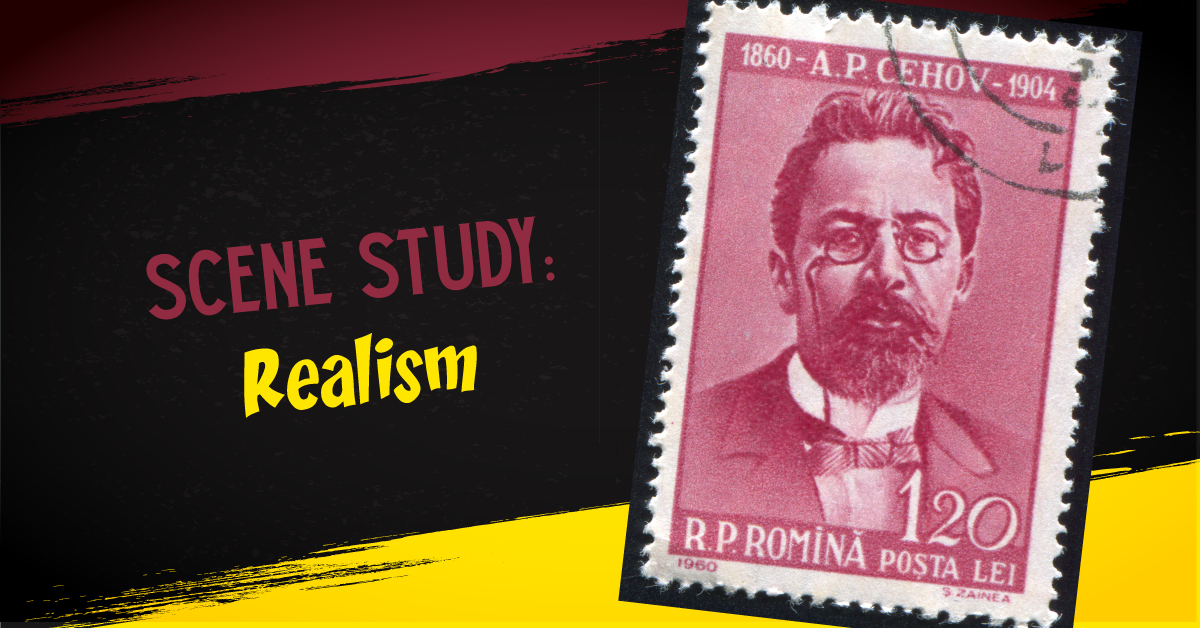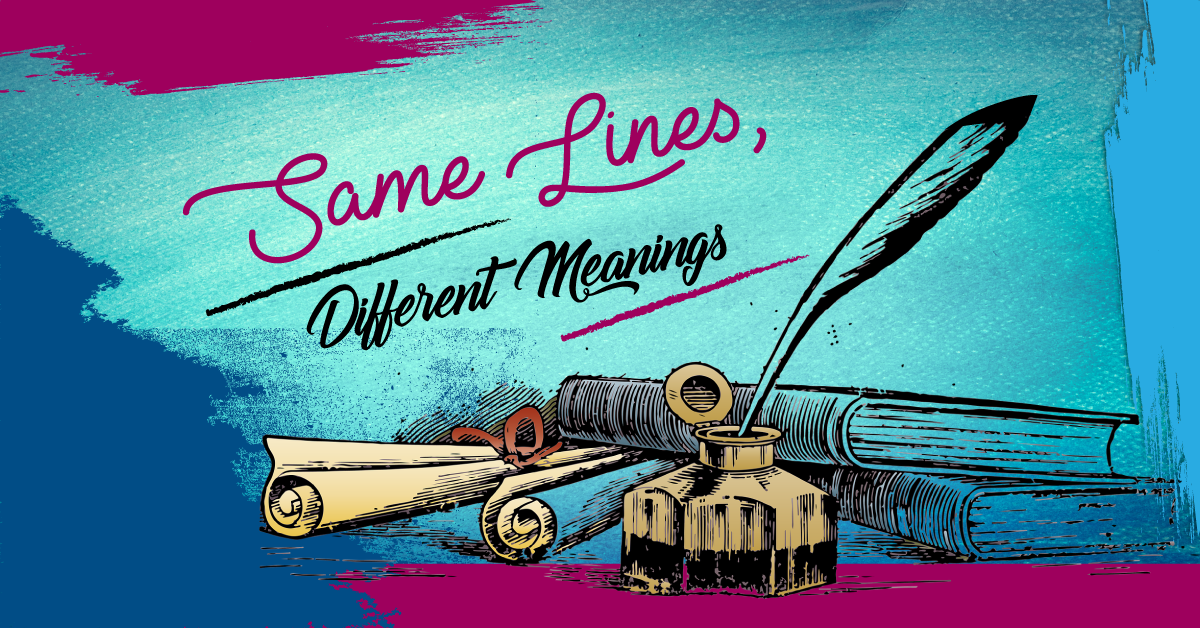There exists in everyone the potential for good or evil. Laramie Dean's adaptation of Dracula asks the question: How much would it take to bring out the darkness inside of you?
Scene Study: Realism
If you want students to learn the elements of a theatre history era, there’s no better way than to study a scene from a play that exemplifies that era.
For example, look at the principles of the Realism period:
- Writers wanted to make theatre more “useful” and focus on social issues, to represent real life.
- Stories focused on character struggles, something that the audience could relate to.
- Locations were real places (rather than imaginary or abstract ones).
- The common man was represented on stage. One of the definitions of realism is that it portrays the everyday and the ordinary on stage. There is also an emphasis on showing family life.
- There is the use of the “fourth wall” with no acknowledgment of the audience.
- Character development became the centre of these works. The plot was secondary to the inner workings of the characters. There was a connection between the audience and the characters on stage.
- Dialogue became more natural and everyday – it moved away from melodrama.
- Dialogue employed realistic elements – pauses, interruptions, and sentence fragments.
Have students read a scene aloud. Anton Chekov’s works are good examples of realism (The Seagull, Uncle Vanya, The Three Sisters, and The Cherry Orchard).
Read the scene in a round robin fashion. Instead of assigning roles, sit in a circle and have each person say a line in turn. If you have a big monologue, have one student read three sentences and then have the next person pick up the next three sentences, and so on.
Once you’ve read the scene, divide the class into groups. The task is to identify the principles of realism in the scene. They will have to assume some (like the fourth wall) but can they see ordinary characters having everyday problems? Are the problems relatable? Who are the characters? Does the dialogue sound like normal speech?
For example, The Three Sisters takes place in a small town. One of the sisters is a school teacher and another is married to a school teacher. Their lives are not exciting and despite a series of events, the ending leaves us with the impression that life for the three will continue in the same way. This is not a grand, epic, adventure, but an ordinary, real life story. As the youngest sister Irina puts it:
“But now we must live… we must work, just work! To-morrow, I’ll go away alone, and I’ll teach and give my whole life to those who, perhaps, need it. It’s autumn now, soon it will be winter, the snow will cover everything, and I shall be working, working….”
This handout identifies principles of realism and includes a blank version to hand out to your class.
After students read through the scene and identify the realism qualities, discuss the result. How does the scene illuminate realism? What is Chekhov trying to present with this scene? Do they like the scene? Why or why not? Would they like to see more of this play? Why or why not? Do student prefer to see characters like themselves on stage, or do they want to be taken to another world? If they were going to rewrite the scene, how would they do it?



